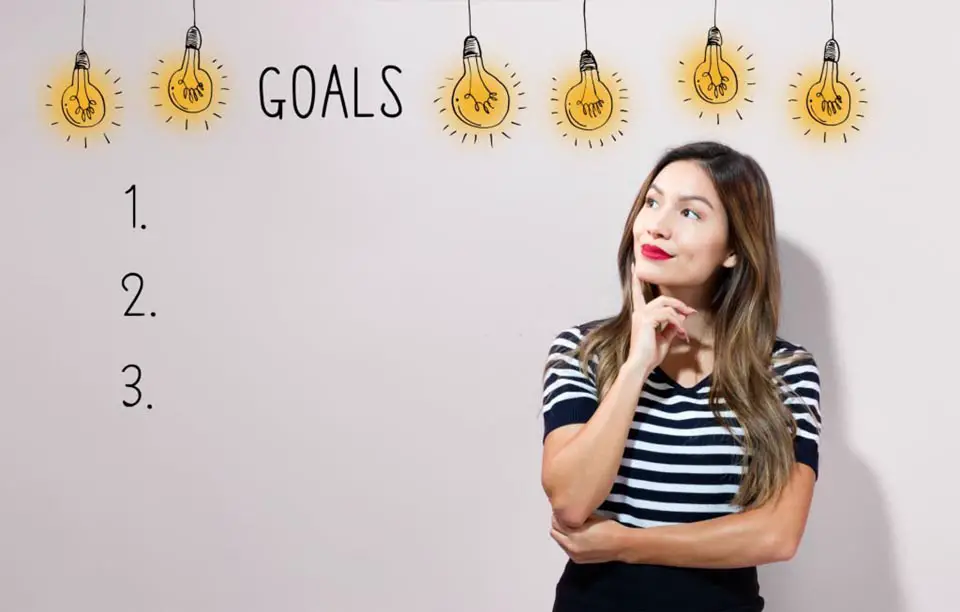Confidence is not something that everyone is born with, yet most individuals would love to possess this trait. It needs to be built up over time. It is a state of mind. You must practice confidence with positive thinking, knowledge, and training. You can also boost your confidence by talking to certain people.
You are not going to be able to find confidence all over. You must have feelings of well-being with good self-esteem. Believing in yourself is a great place to start.
Self-Confidence
When you believe in yourself, you have self-confidence. However, self-confidence can mean different things to everyone. We obtain our confidence through the people we are around, how we were raised, and what we have been taught. We can learn lessons through others in how to behave and treat ourselves. These lessons stick with us over time.
Confidence does not need to stick with us every day. You can feel confident in yourself one day, and then the next day has little confidence.
There are various reasons a person would need more confidence. For many, the fear of not knowing what is going to happen is enormous. For others, low confidence arises because they have been criticized too many times. Self-esteem will often lead to low morale, if you are not happy with yourself and your appearance, you will not be happy with many measures in life. Poor time management, being unprepared, failing before, and having a lack of knowledge all drive individuals to have low confidence.
Low confidence can come from what we feel others are thinking. You may fear making a mistake and having other individuals make fun of you. When we think like this, we are often unable to do things that we truly want to do, but can not because we do not have enough confidence. Having others poke at us may be too painful to even try.
Overconfidence can occur when an individual feels they have the power to do anything. There may be times when you do not have the proper skills or training to complete something, but you are so sure in yourself that you will succeed. Many overconfident individuals will be viewed as being conceited or arrogant by others. Unfortunately, having too much confidence can cause a person to fail. Many that see you are being arrogant might take pleasure in your failure.
Confidence and Self-Esteem
Many people will use confidence and self-esteem together, believing they are the same thing. Confidence can be described as how individuals feel about how they perform various tasks, roles, or functions. Self-esteem is how we feel about ourselves and our appearance. It has to do with our worth and value. Many who suffer from low self-esteem will have low confidence. However, individuals with high self-esteem may suffer from low confidence too. People who have low self-esteem may be extremely confident in some aspects of their life.
How to Increase Confidence
An ultimate goal is to feel more confident in not only yourself but also your abilities. Aim to see how you can seem more confident to other people. Here are a few ideas to help you get started.
Planning and Preparing
In tough encounters, some people are naturally less confident in themselves. One way to overcome this is to plan and prepare for what is coming.
To do this, think about the situation at hand. If you are awkward with conversations, think about who will be in certain situations with you. Think about questions you may ask the other people, or make a mental note of their hobbies so you can talk about that.
Knowledge
Knowledge is power. One great way to build confidence is to learn and research. Not only will you be more prepared, but it will allow you to know what to expect.
Improving Self-Confidence Skills
There are several things that you can do to improve your self-confidence skills.
- Ask a question in front of others during a work meeting. By doing so, you will place all eyes on yourself.
- Give a presentation. While this can be very scary for some, it is a great way to overcome your fear of public speaking.
- Travel to a new place alone.
- Eat at a restaurant by yourself.
- Wear something bold.
- Talk to a stranger while in line at the grocery store.
- Make a complaint about your meal at a restaurant if there was something wrong with it.
- Stand up for yourself.
- Volunteer at a library to read books to kids, make crafts with the elderly at the senior home, or sit with ill patients that do not have a family while they are in the hospital.






